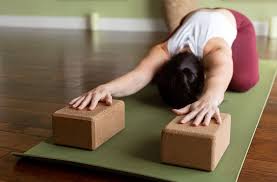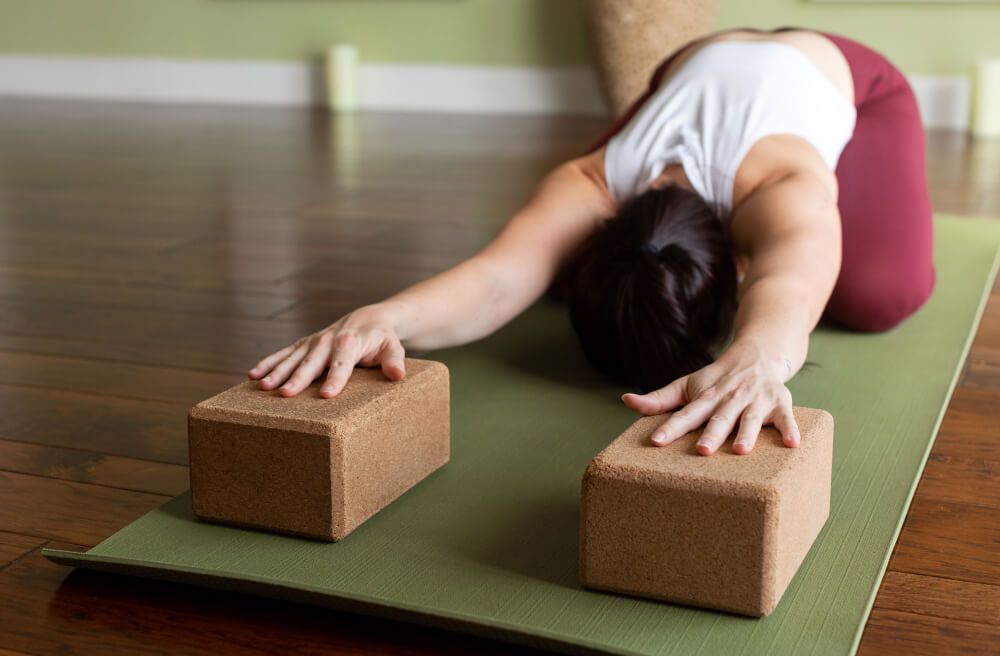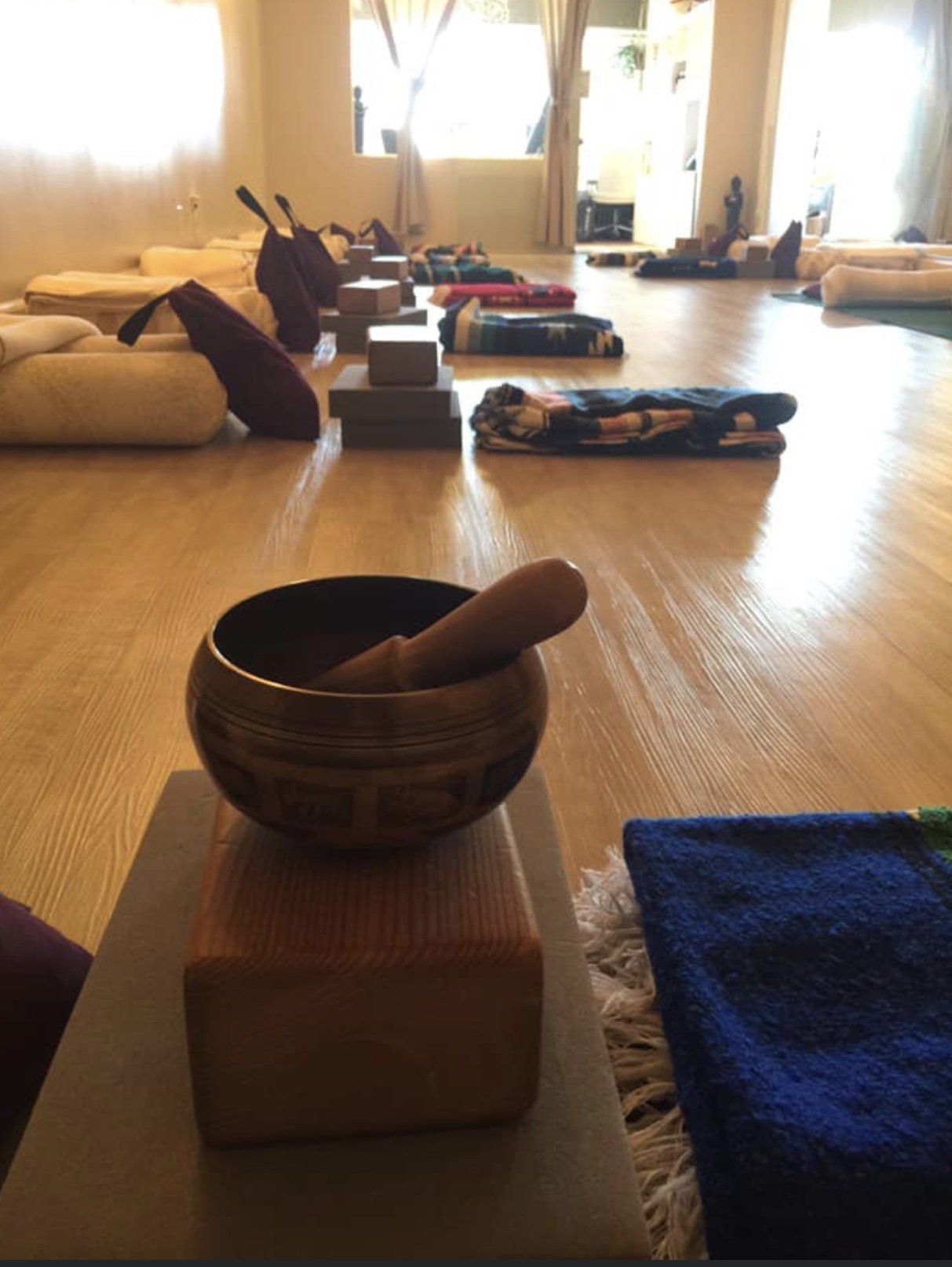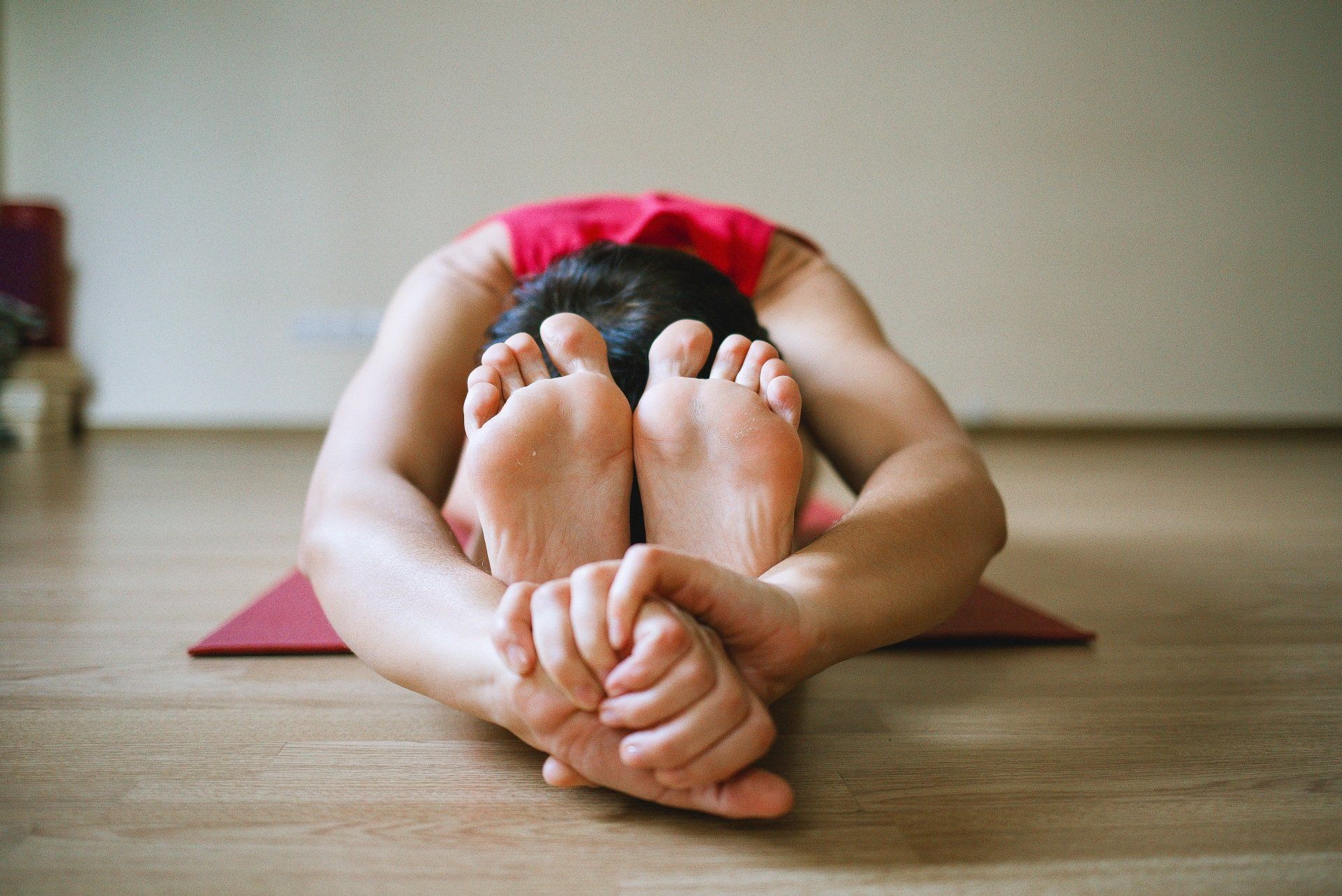The Power of the Mantra.
- By Tapasyogi Nandhi
- •
- 07 Mar, 2019
- •
The most potent blessing we could ever receive from a sage, a yogi or any enlightened master is to receive the uplifting, igniting grace of our own consciousness.
Traditionally, in India, the method of conveying awakening consciousness is especially through mantra
(Sanskrit and Tamil along the lines of liberating consciousness, a word or sound repeated to aid in meditation). In the mystical yogic tradition of the South Indian Siddhars, there is less emphasis in teachings through writings or even oral teachings and much of the wisdom is conveyed through the mantra energy that awakens the inner knowledge.
Mantra recitation can be said to be the mother of meditation. With the recitation of a mantra, the mind immediately focuses on a single thought leading to transcendence (awareness beyond the mind). By reciting the mantra, effortless meditation is enhanced even while doing mundane chores.
Mantra recitation can be said to be the mother of meditation. With the recitation of a mantra, the mind immediately focuses on a single thought leading to transcendence (awareness beyond the mind). By reciting the mantra, effortless meditation is enhanced even while doing mundane chores.

Inhale: 1-2-3-4-5. Exhale: 1-2-3-4-5. If you’ve been doing breathing exercises to feel calmer, happier, and more focused, you know how soothing yoga is.
Despite being an ancient practice, yoga has become increasingly popular, and for good reason. It is suitable for people of all ages and effective for treating chronic conditions.
Interestingly, scientists have discovered that this practice has several mental health benefits. Let’s explore the relationship between yoga and well-being, as well as the evidence-based benefits of yoga.

So, it’s THAT time of year again. The cards are out, flowers and chocolates in the shops, and the candlelit tables are all booked up weeks in advance. With good reason, many of us find it all rather superficial and insincere. Perhaps some of us might join the cynical chorus asking why we need a specific day to express our affection for someone else. We may even go as far as to accuse the the forces of capitalism of driving demand for “stuff”. But I’m not here to monologue on the meaningfulness of St. Valentine’s Day, and I’m certainly not here to criticise anyone for wanting to express themselves or to show affection for someone else (we all need to be doing this more, not less).

Can yoga reduce anxiety?Yes! Many studies have demonstrated the effectiveness of yoga in reducing stress, anxiety, and depression. In one study, women who participated in a three-month yoga program experienced significant improvements in perceived stress, anxiety, and depression. In another study, ten weeks of yoga helped reduce stress and anxiety for participants.

Happy New Year yogis! I’ve often found this time of year to be especially powerful in enhancing my yoga practice. Of course, yoga is always a powerful practice, but the gift of the new year brings deep reflection and introspection that can amplify processes of self-inquiry, expanding our spiritual awareness and commitment to yogic living.







